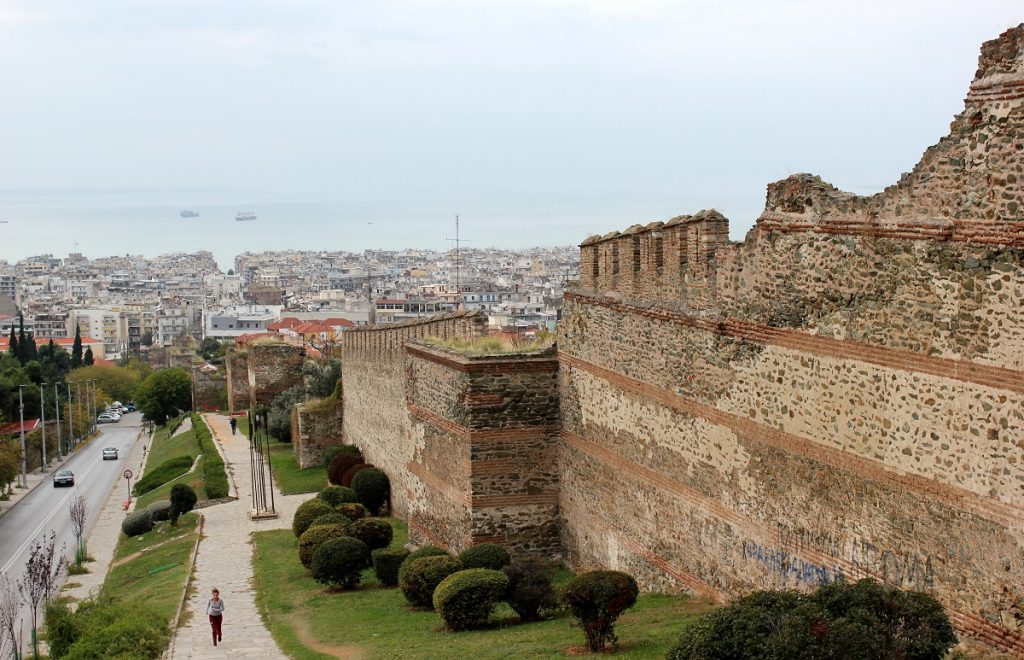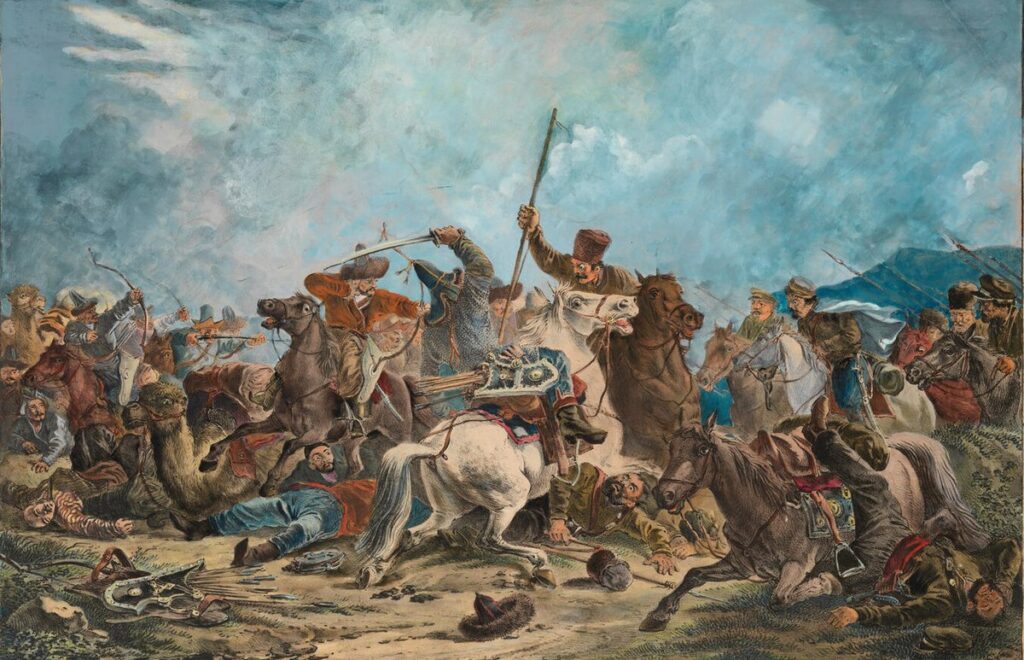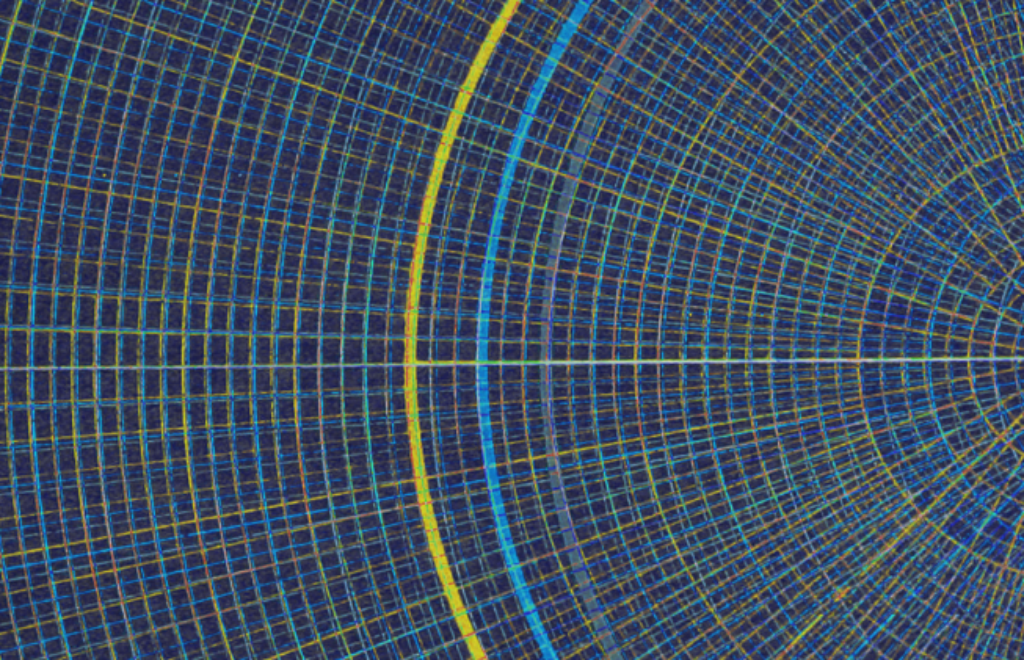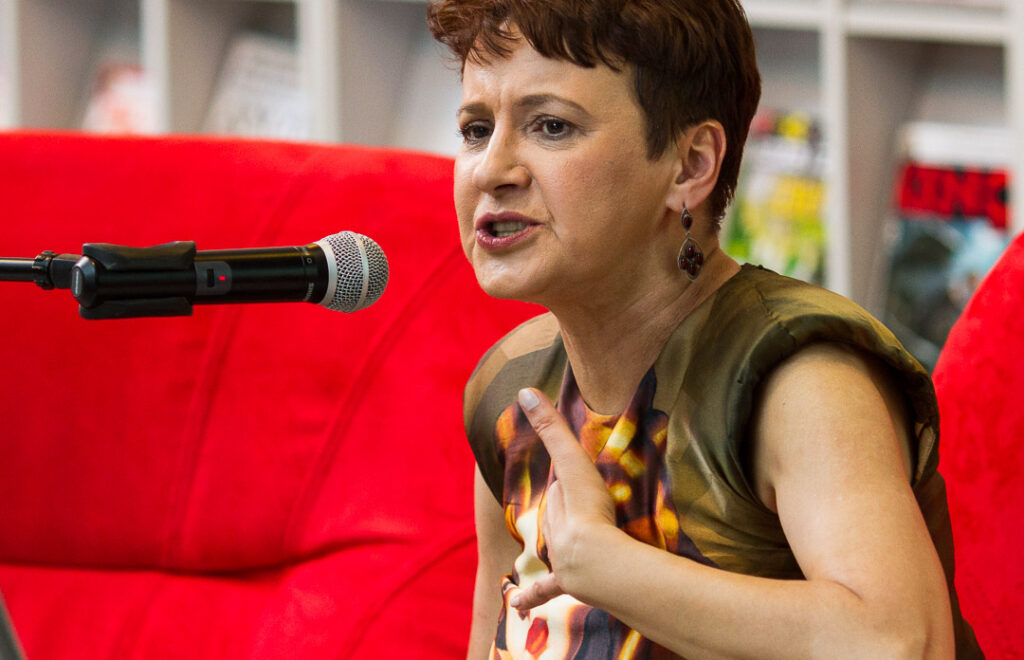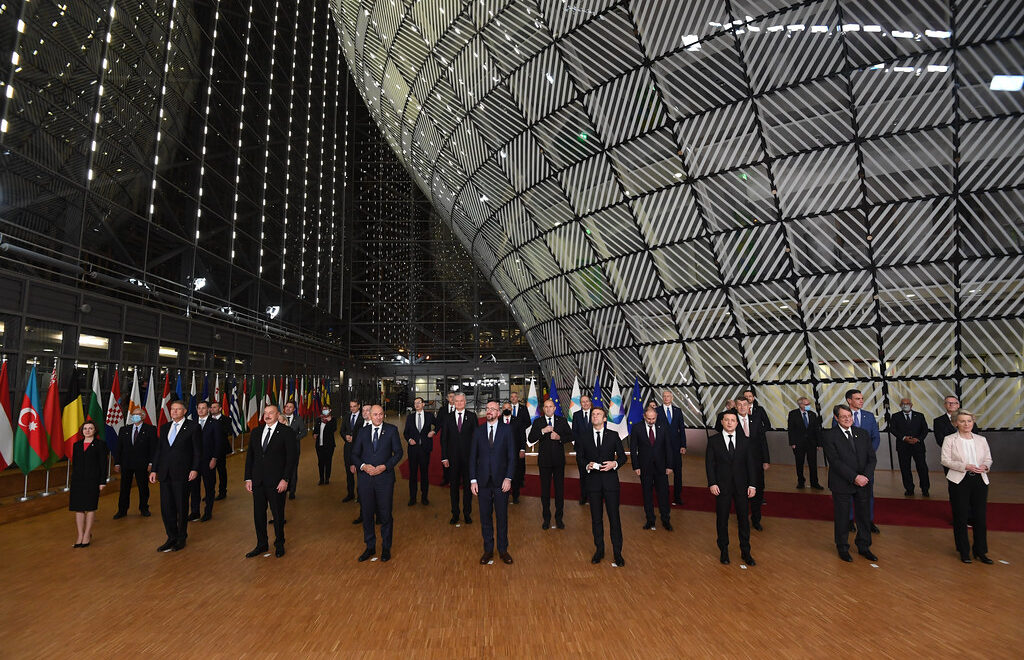Since the collapse of the Soviet Union, the post-Soviet space has become a battleground for world and regional powers competing over economic, political and security dominance. This rivalry has been accompanied by a competition between different identity narratives, which are instrumentally used to attract, or intimidate, the societies in the post-Soviet states. The most illustrative region in this regard is Central Asia.
The collapse of the Soviet Union brought new opportunities to its former republics, now states, to integrate or ally with organisations and powers from outside the region. It also allowed them to build new co-operative projects with other post-Soviet states. Such co-operation, though, was not limited to economic, political and security relations. The most fundamental questions the newly independent states had to address, at that time, were those regarding their own cultural and national identity. Therefore, the public debate focused heavily on issues like religion, language, alphabet, historical heritage and state tradition. These topics generated serious emotions, including among ordinary people.
March 5, 2019 -
Adam Balcer


